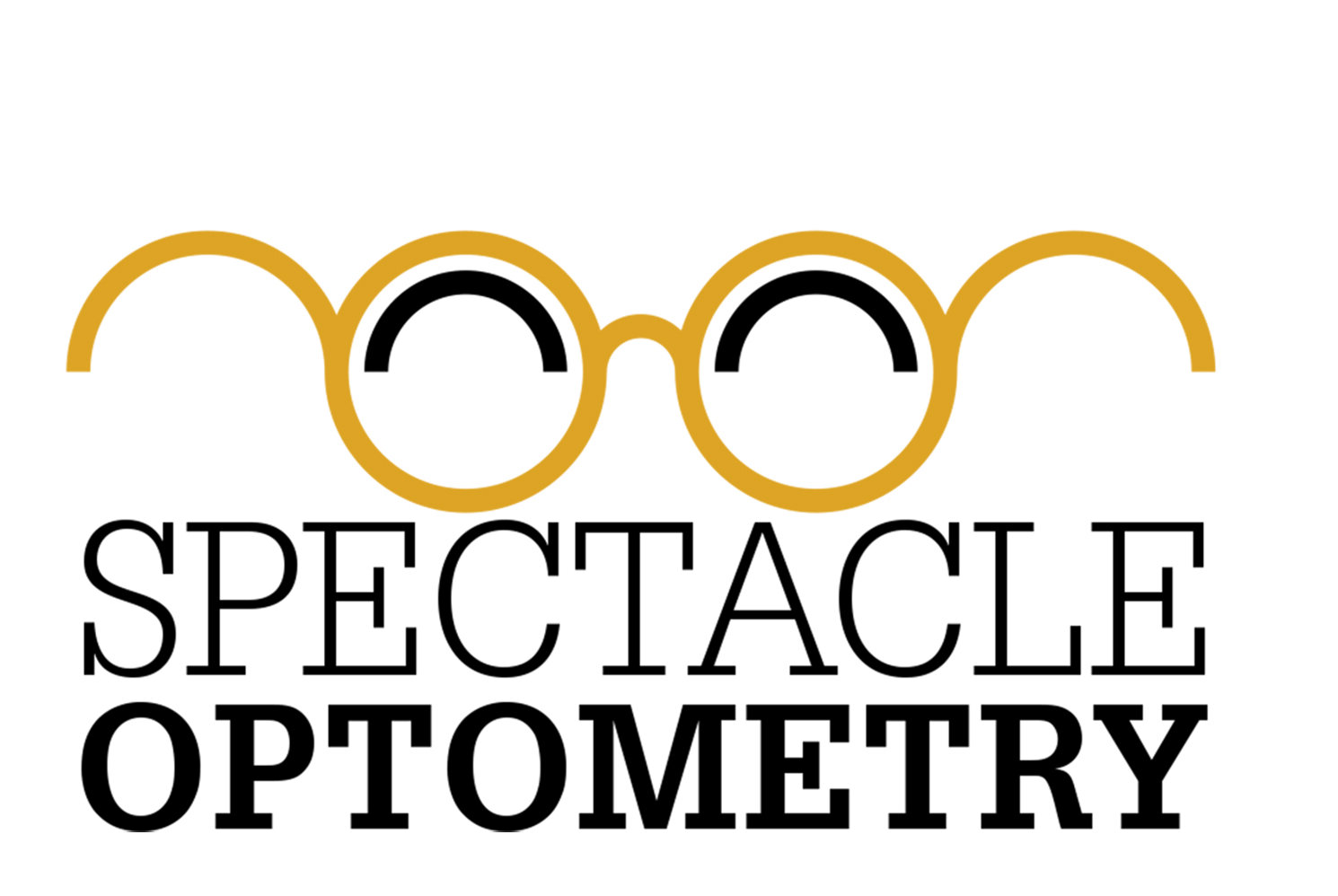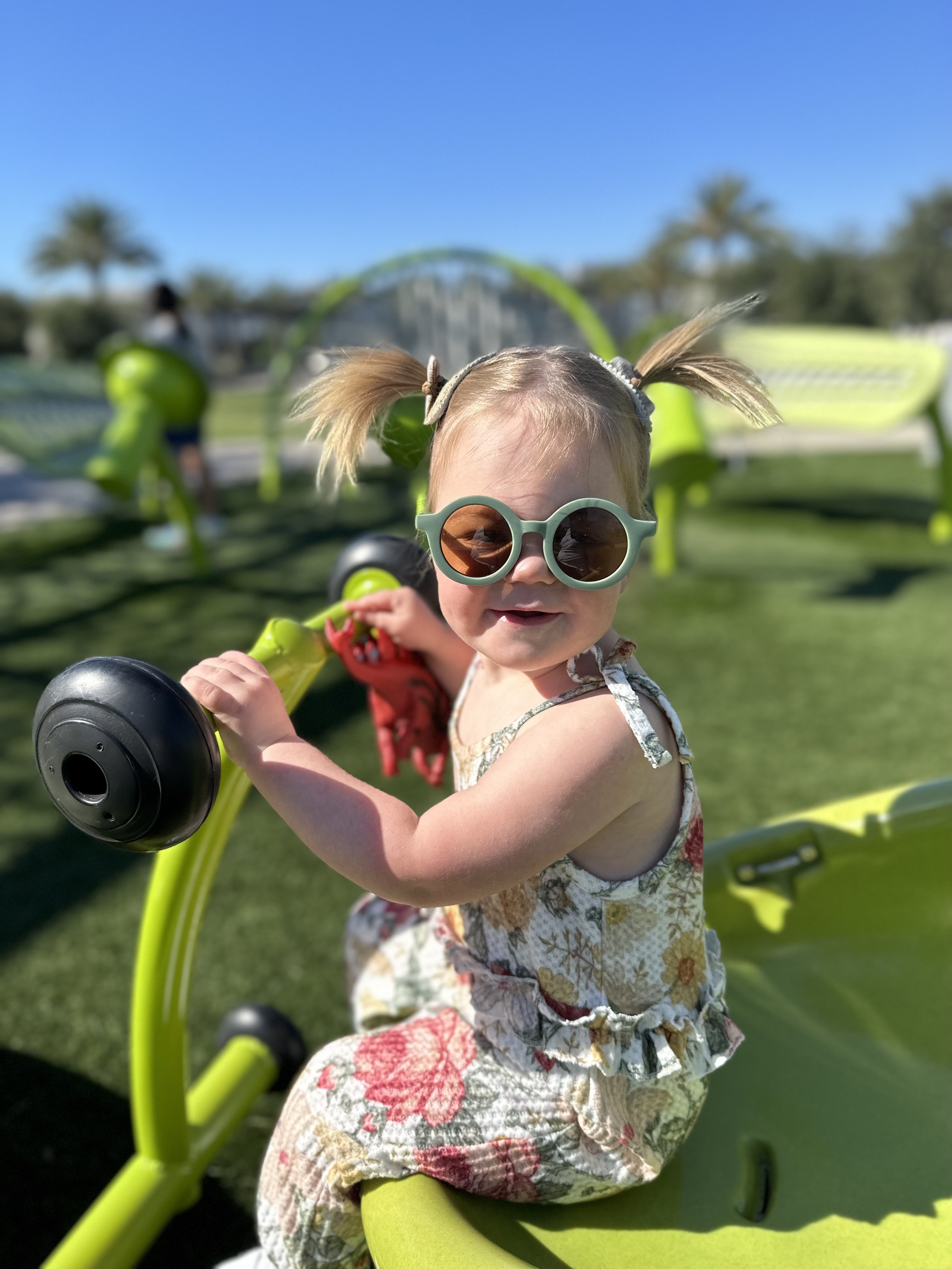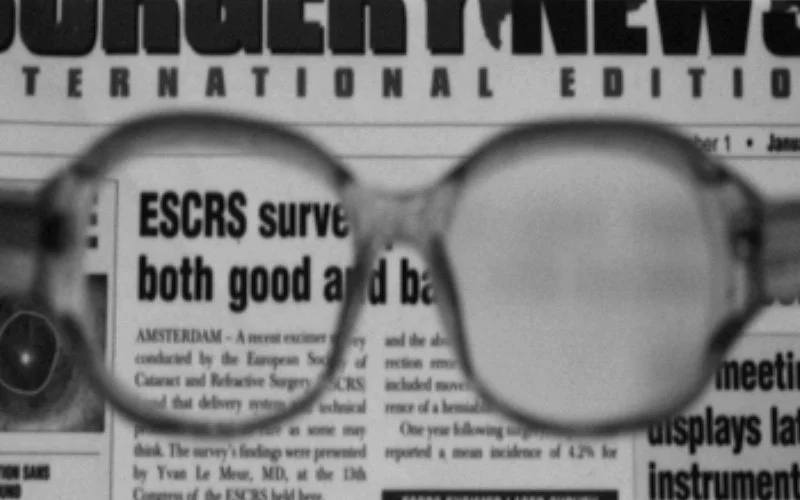HERE COME THE SUN: MORE REASONS TO WEAR YOUR SUNNIES
In light of the recent solar eclipse, we have gotten an alarming amount of questions about the sun, UV exposure, and when to wear sunglasses. It has been a few years since our original post about 5 Reasons To Wear Sunglasses, so we thought we’d touch on some of these important points. We’ll also answer some of those questions we’ve heard from patients lately in regards to the eclipse.
UV Exposure
Did you know that 80% of sun damage occurs during the first 18 years of life? Most of our patients are shocked to hear this, but this is why we are such advocates for kid’s sunglasses and UV protection in contact lenses for sports. For those of us well past those years, we really didn’t know much about sun damage back then so it’s not your fault! Just more reason to pass this knowledge on to our kids and grandkids though. Most people think to just wear sunglasses in the summer when the sun is shining bright, but that is actually not the case. Sometimes those gloomy days can actually have high UV exposure rates as well or the sun can bounce off bright, white snow in the winter. Anytime you are outdoors is really the best time to wear your sunglasses!
While it may not seem like much, the photo on the right has a more distinct macula and this patient’s best corrected vision is 20/30.
Why wear sunglasses?
In our previous blog, we talked about skin cancer, sun spots on the front of the eye, and cataracts being the most common, permanent, and dangerous side effects of the sun on our eyes. While those conditions are still most of what we see as far as sun damage in the eyes of our patients, there is another condition that doesn’t get talked about: Solar Retinopathy. This is from the sun burning the retina or the tissue that lines the back of the eye. It is caused by staring directly at the sun without appropriate protection. This condition has gotten a little more attention surrounding the eclipse, simply because staring at an eclipse without specific eclipse glasses, will cause this to occur more rapidly. Solar Retinopathy will cause irreversible damage to the macula, the area of the retina responsible for your central vision. This means in your day-to-day life, you would not be able to see clearly. The vision can be permanently distorted, blurry or lost entirely depending on the severity.
Can I use sunglasses to watch the eclipse?
This was a major question we received numerous times from patients! Simply put, the answer is no. While sunglasses are great to block the ambient UV light when outdoors, during a solar eclipse you are staring directly at the sun for a prolonged period of time typically. While we never condone staring directly at the sun, if you are viewing a solar eclipse, you will need certified eclipse safety glasses that have passed specific standards to be appropriate for sun watching (ISO 12312-2). These glasses are MUCH darker than regular sunglasses and are inspected to ensure proper safety to block UV light, visible light, and infrared radiation. Lunar eclipses on the other hand are more frequent. This is when the sun will cast Earth’s shadow onto the moon. Lunar eclipses are actually safe to view with the naked eye as it is a shadow and you are not looking directly into the sun with it’s strong UV rays. The next lunar eclipse to be visible by the entire United States will be March 14, 2025!
That being said, we still advise you to limit the amount of time you are directly watching and looking at the sun or eclipse, even with the appropriate and certified protection. Since a solar eclipse is a rare event (the next total eclipse will be in 2026 visible from Northern Spain, whereas the next total solar eclipse visible from most of the United States is not predicted to be until 2044), it is not likely that we will think much about Solar Retinopathy each day, but these are still important facts to know as the sun is actually part of our daily routines. The sun is incredibly powerful, and it is best to be cautious with the only two eyes you were given!







